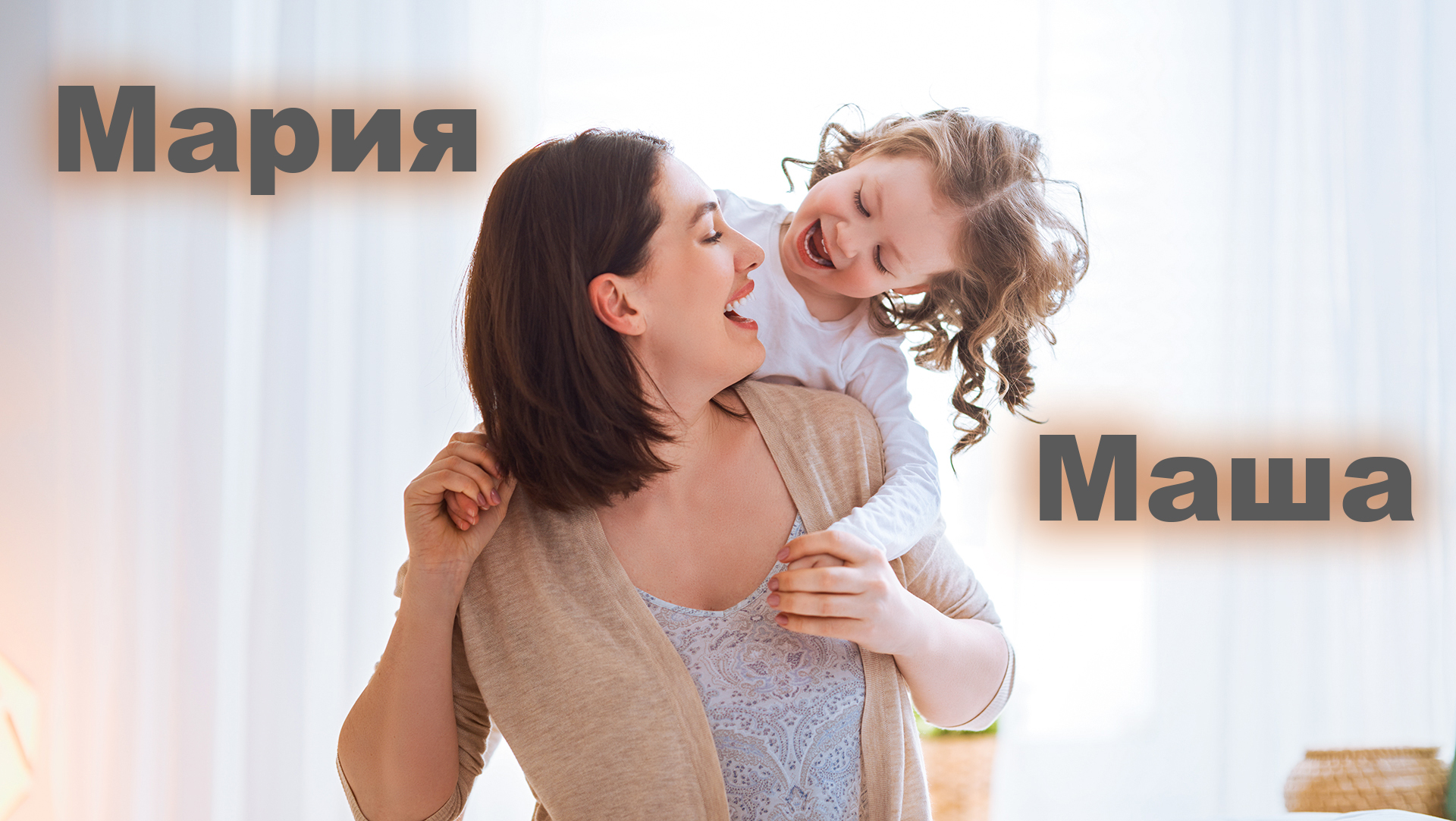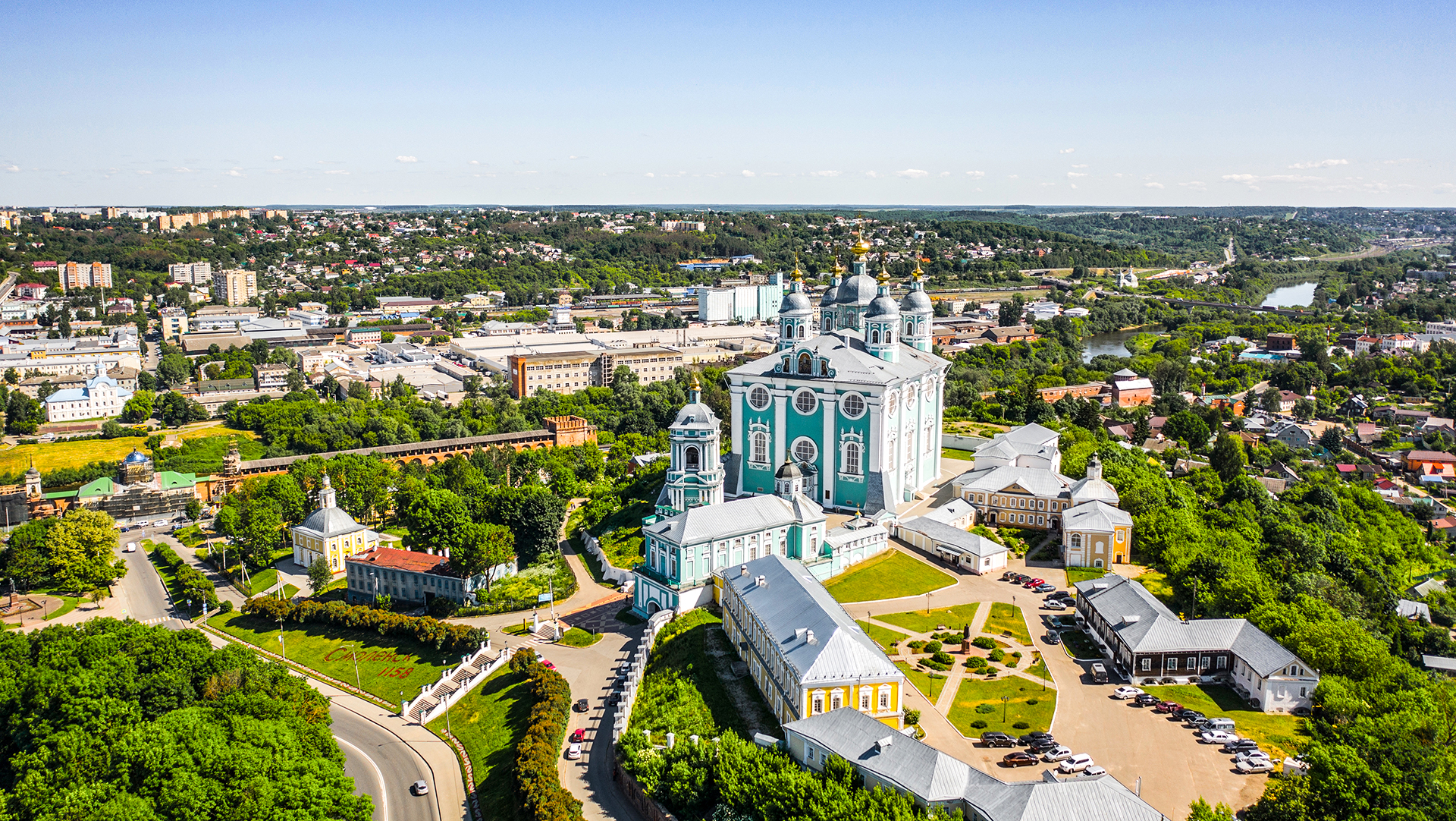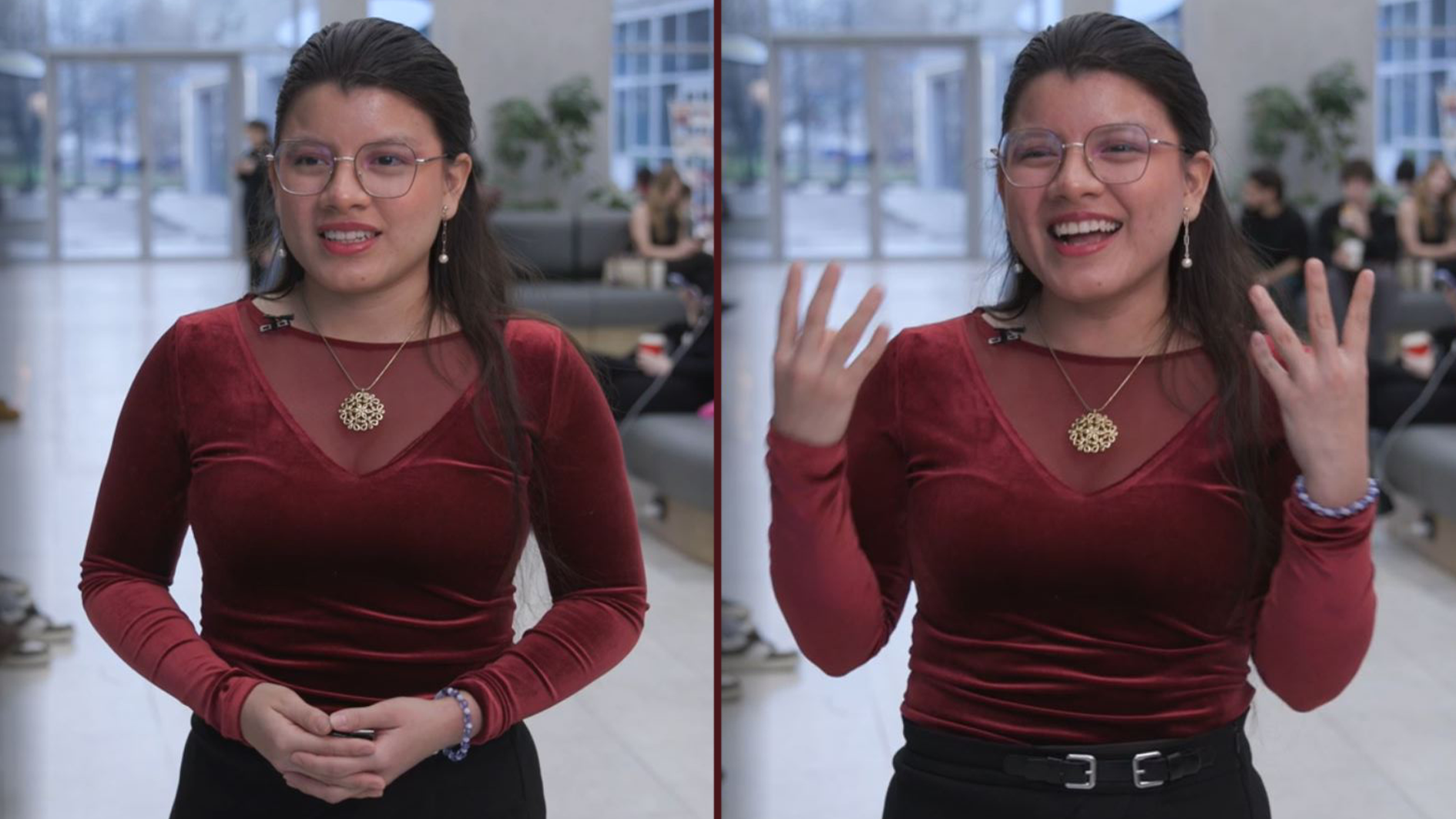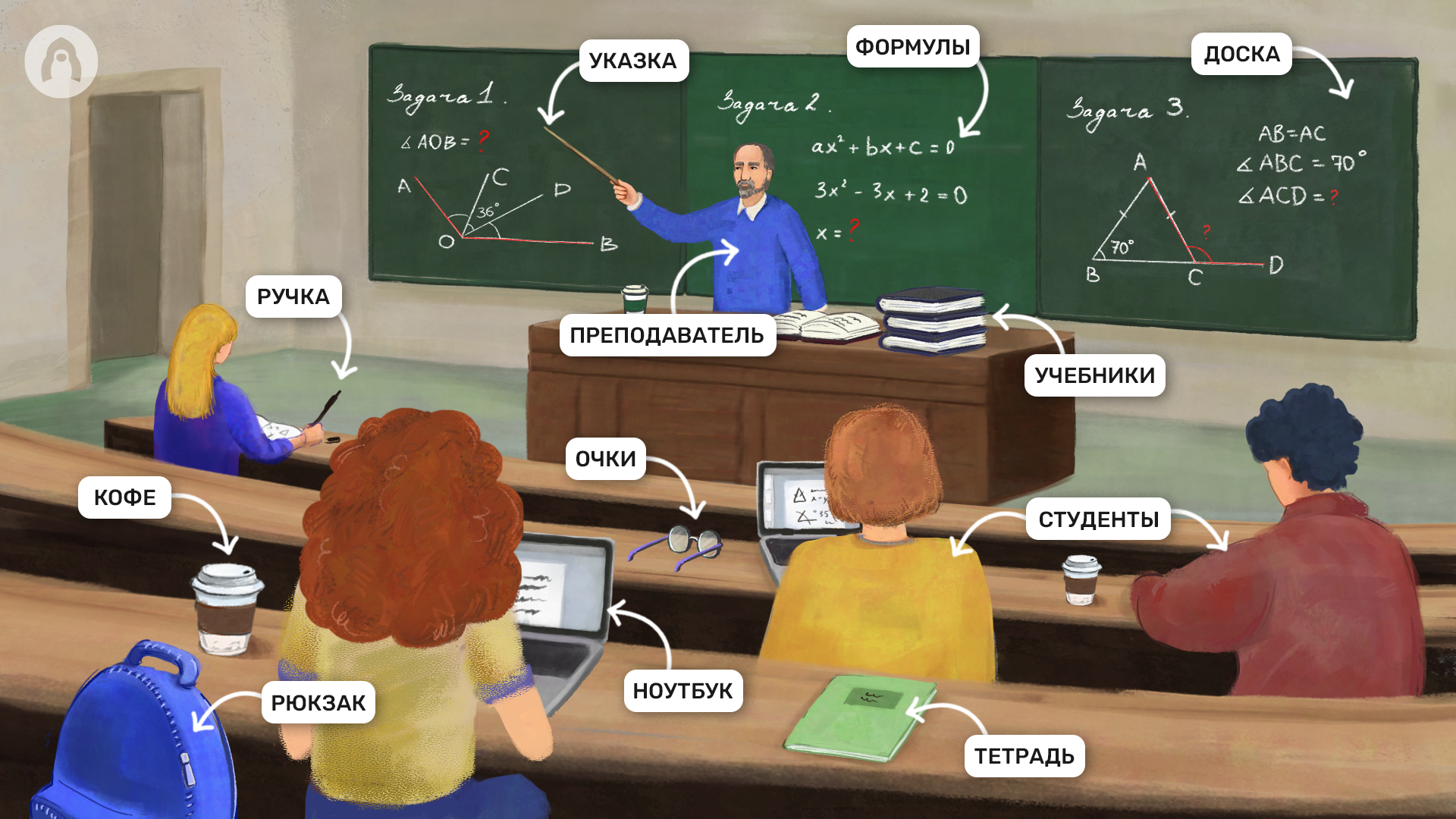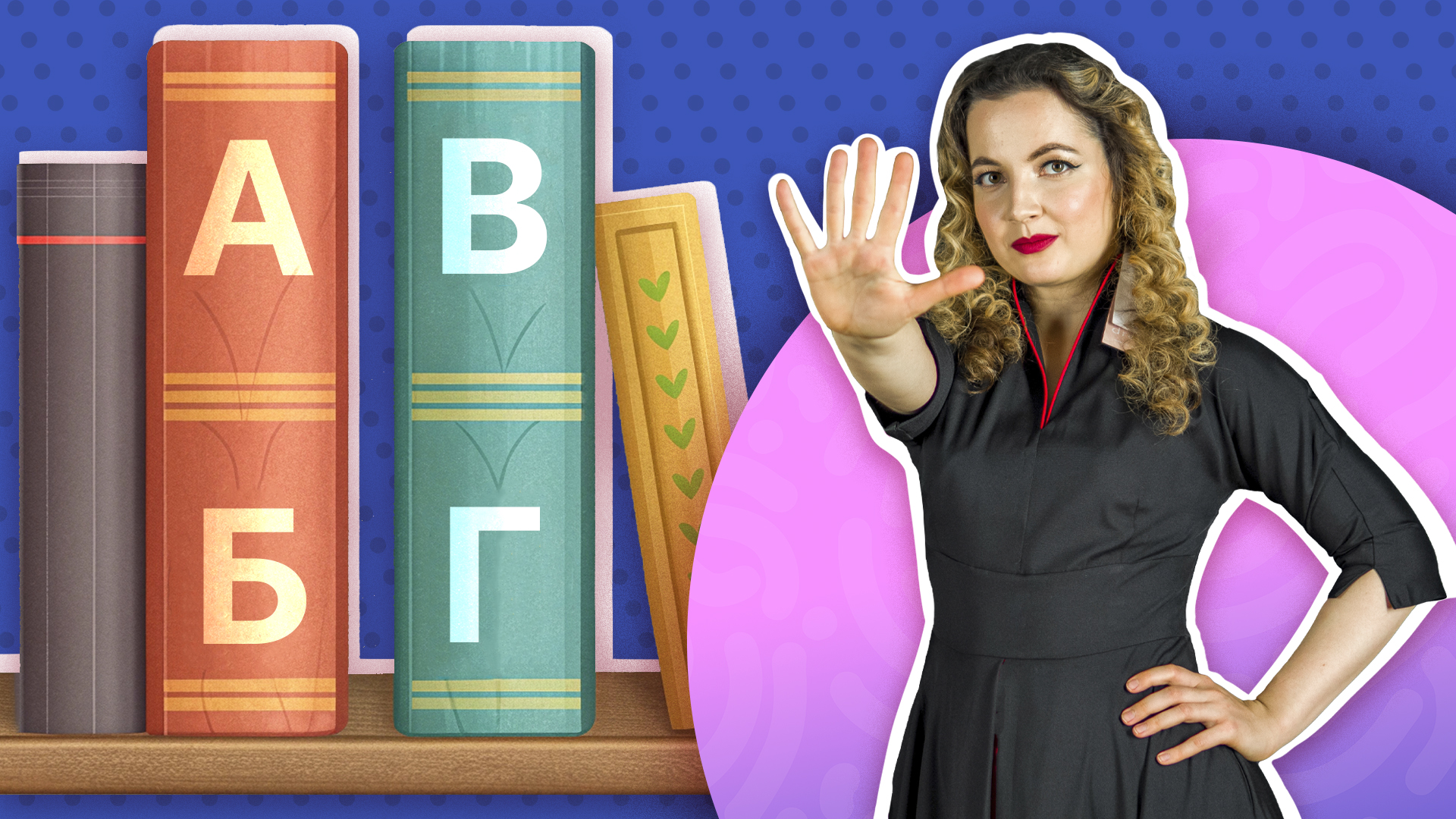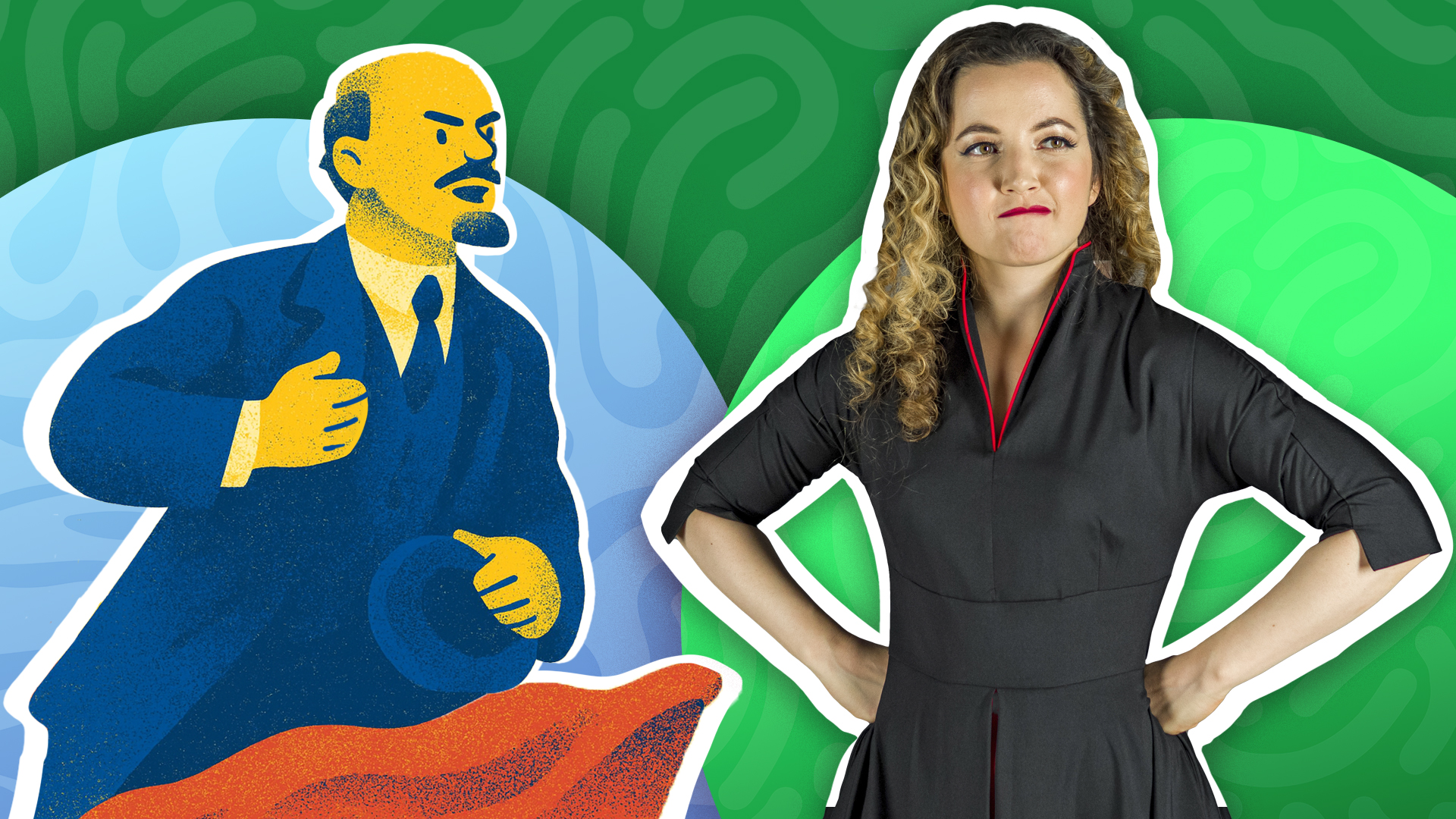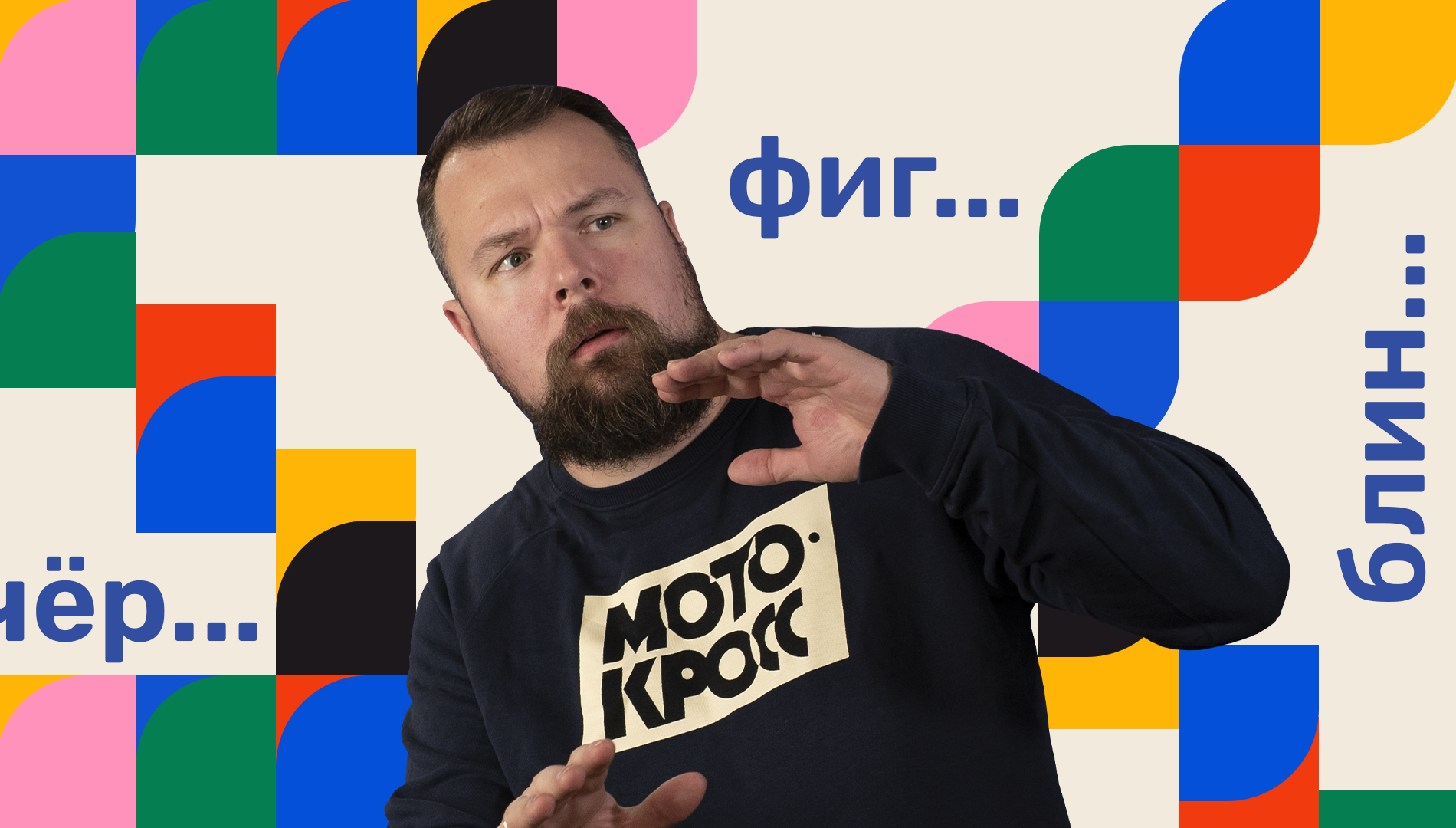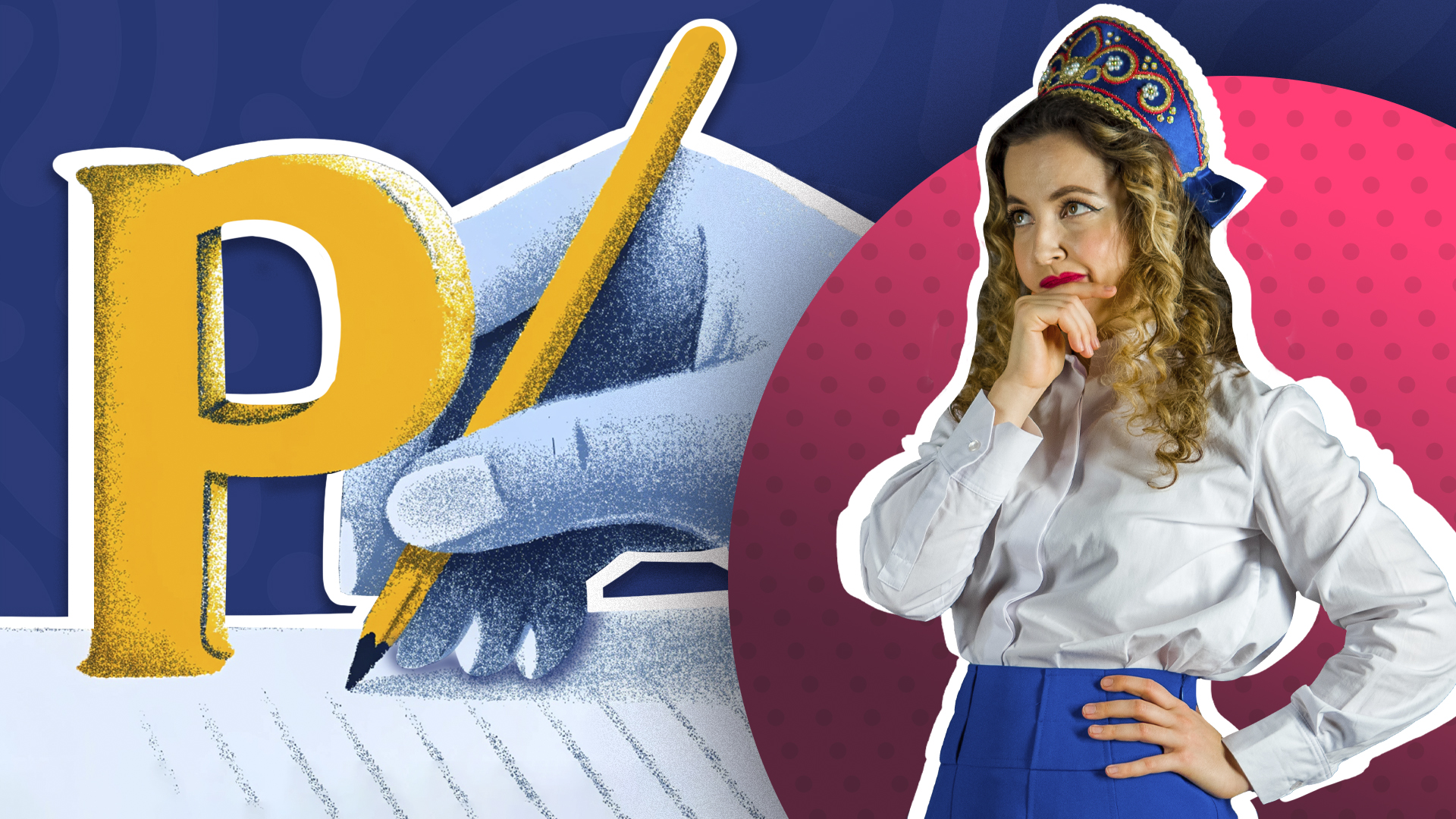
Advanced Russian: How to say something is ‘your own’?

Здравствуй, my dear Russian learner! Let’s talk about some specific challenges that advanced level students have to deal with.
One thing that immediately comes to mind is when you have to use 'свой' - a reflexive possessive pronoun.
The rule seems easy at first: you simply use ‘свой’ when you talk about something that is one’s own. And it is used to refer back to the subject of the sentence: my own, your own, his/her/its own, our own and their own - instead of the possessive pronouns like 'мой', 'твой', 'его' and so on. However, my students do not always feel the difference.
You need to remember that using ‘свой’ in the 1st or 2nd person is optional.
- “I am proud of my country” – “Я горжусь моей/своей страной”
- “You forgot your keys” – “Ты забыл твои/свои ключи”
Both options would be fine (including when addressing people in plural), though with 2nd person singular, ‘свой’ sounds better in most cases, and native speakers are far more likely to use that version.

However, difficulties show up when you use the 3rd person. When you’re talking about his/her own things, you should keep the subject in mind.
I usually try to poke fun and give my students an example with the phrase “He loves his wife”.
- “Он любит свою жену” is correct.
- “Он любит его жену” is not a good look, guys: you now have a love triangle!
Let’s look at some more complex structures:
“He said he lost his keys” – “Он сказал, что потерял свои ключи.”
If you say “Он сказал, что потерял его ключи”, it actually means that the person lost someone else’s keys.
Finally, remember that 'cвой' changes depending on the gender, number and case, just like other Russian adjectives.



